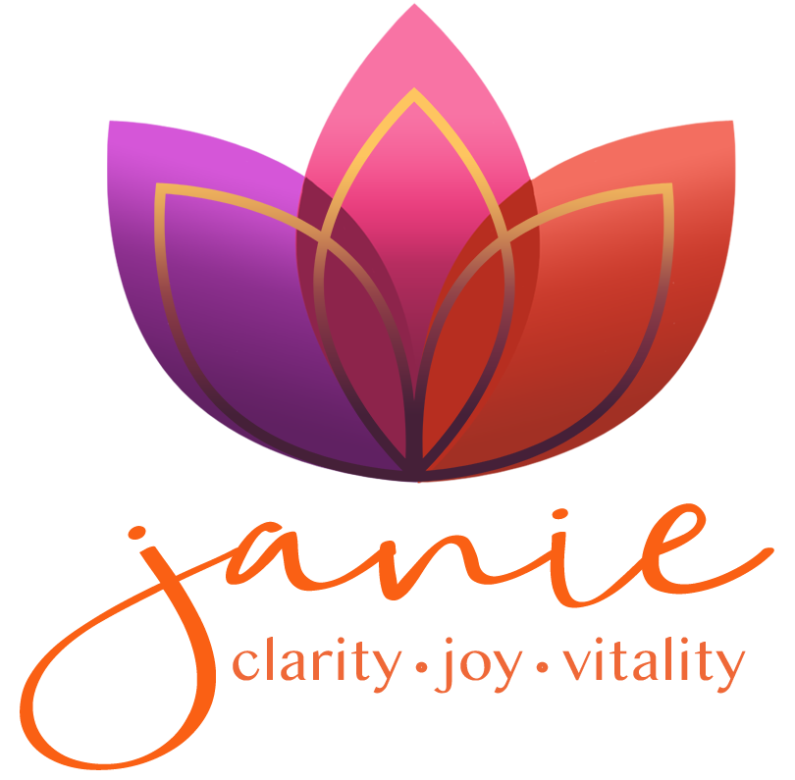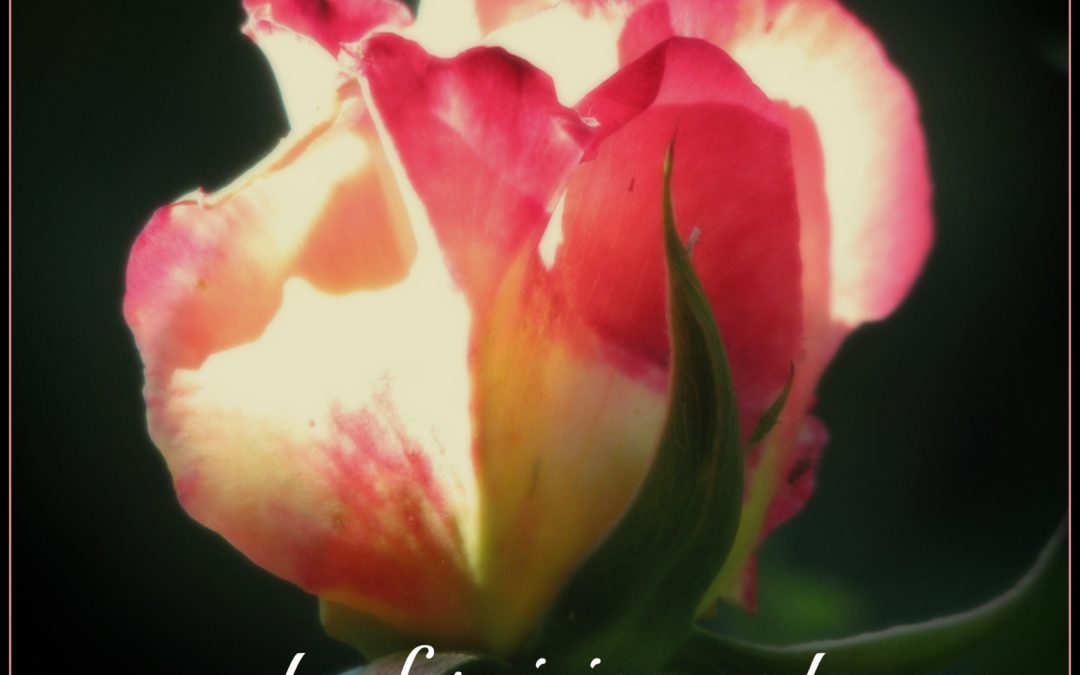All things cycle. The blessing of being a student of the Chinese Five Elements theory is recognizing that everything under the sun has a cycle: a gestation period, a birth period, a period of fruition, and a period of decline. (And also recognizing that resistance to these cycles is futile.) Everything has a beginning, a middle, and an end. Some cycles last the length of a heart beat, and some cycles last the length of a day. Some cycles last the length of a year, while others last the length of a lifetime.
Oftentimes, we witness a cycle from beginning to end: a project, a course of study, a relationship, or the turning of a year from Winter through Fall. Sometimes, it’s an idea that we have transformed from its conception, to the work that we do to bring it into manifestation, to the success of that idea being recognized, shared, and celebrated by others. And finally, to its completion when it has run its course and needs to make way for a new idea to be dreamed into being.
Other times, a cycle is longer than a lifetime and we find ourselves somewhere in the middle of it, thinking “it’s always been this way, it will always be this way, it will never change, I can count on it being this way forever.” (Evoking the history of a one thousand year cycle of the Roman Empire). We don’t always have the perspective to see that circumstances weren’t always the way they are presently and that they will inevitably reach the point of crumbling, turning into compost, and becoming nourishment for a new cycle to arise.
All lifetimes cycle; all relationships cycle; all physical manifestations cycle. In the second noble Truth, the Buddha tells us that attachment is the source of all suffering, and it is our attachment to a thing being the way that was, currently is, or the way that we’ve always wanted it to be, that causes us to suffer. When an object of our desire and attachment inevitably transpires into compost, dust, or vapor – or in the case of parenting, children as they transform into adults – a variety of suffering occurs.
I find that the space between the end of something’s viability and the gestation of a new (albeit unformed) idea, is often the most challenging transition for most humans to make. It requires us to let go of our grip of what has been familiar and predictable before we can see what’s in the process of emerging in our lives. I am reminded of Alexander Graham Bell’s quote: “When one door closes, another opens; but we often look so long and so regretfully upon the closed door that we do not see the ones which open for us.” It occurred to me years ago upon hearing that quote, that most of us wait until we can see the other door open before we close a door that has been ready to close for a long time. For instance, we stay in a dismal job waiting for the next job to show itself first before we quit, or we remain in a relationship long after it’s viability has expired, waiting for the next one to show up for us to step into.
Becoming a parent was the life circumstance that woke me up to the idea of an Equity of Grace. So much transformation was happening before my eyes – from cuddly, dependent infant, to defiant toddler, to unsure teen, and beyond – it was a constant practice of allowing each stage to be ‘what it was’ while trying not to force, cling, or resist. I really recognized my opportunity to invest in my Equity of Grace when our second daughter graduated from high school and my husband and I came to the threshold which marked the end of a 20-year cycle of parenting. The urge to resist, cling, and lament was strong. I’d spent the past two decades being a parent to two daughters, and I had thrived in that role. It wasn’t only my own children that I’d become attached to having around every day, but the passel of young people who had adopted our home as their second, and who had become beloved to me in their vulnerability as children and teens. I had become pretty self-identified as the parent (and co-parent) of children, but when we reached that threshold – the end of the cycle wherein raising children was the primary focus – I recognized that if I didn’t want to cause myself unnecessary suffering, or prolong my grief, I needed to consciously participate in the shift from being the parent of children to being the mother of adult women. I had to surrender my attachment to being needed, and trust in the morphosis of a new cycle and a new, fulfilling way of being in relationship with these beings.
From the moment I recognized that I have the option to either cling-and-suffer or allow-and-flow as cycles reach their end, I have tried to use every opportunity to release my grip on what has been, and open up to trusting what will be.
When our best friends of more than 19 years moved across the country, I felt myself gripping and resisting their departure, lamenting the loss of comfort and joy in our past camaraderie. No more hour-long walks in the park, no more dinner parties or wine on the deck, no more of their regular presence at birthday parties or holidays. Ten years hence, I still occasionally feel the urge to resist and lament their distance, though I recognize that the essence of our bond – our love and connection – has been carried over with us into the new iteration of our incarnation together.
When my step-father died, and five years later when my brother-in-law died, many cycles ended and our family dynamic shifted significantly with the needs and circumstances of my mother’s and sister’s lives. This allowed me to invest in my Equity of Grace by surrendering and allowing the changes in my family’s rhythm to unfold with as little resistance as possible.
This is not to deny the grief of ending and loss. Rather, we are honoring and allowing grief to be present and fluid while going through the process of disentangling (or decommissioning) habits and attachments that have developed in a relationship. When my oldest daughter moved out of our home and to another city I realized that I was in effect ‘addicted’ to her, and I had to go through withdrawal from the mental, emotional, and physical habits that I had developed over the course of our living together. It was hard and I felt sad, but I knew that I would move through the transition a lot quicker if I allowed the sadness to flow and trusted the current of grief to carry me through the dark waters of the Holy Unknown to the shore of a new beginning.
An Equity of Grace is like a karmic savings account from which you can withdraw when the going gets really tough; like facing mortality, losing a parent or child, or losing a home or a marriage.
You invest in your own Equity of Grace through the willingness and allowance you bring to the unfolding of your life’s circumstances. When you engage with a challenge in your life that has the potential to cause you to close down, resist, or retreat, you instead mindfully choose to meet that circumstance with an open heart and an open mind, you invest in your Equity of Grace.
You also invest in your Equity of Grace by extending grace to yourself and to others whenever you recognize the opportunity; by choosing compassion over judgement, forgiveness over resentment, generosity over selfishness.
As a collective, humanity is crossing over one of the biggest thresholds of shift we’ve ever consciously crossed in the past. Many systems that have solidly been in place for centuries are unraveling – governments, economies, paradigms, the environment – and with the worldwide advent of COVID-19, combined with the technology that allows us to see and hear from every part of the world in real-time, we are fully conscious not only of our own mortality, but of the mortality of humanity as a whole.
It seems apparent to me that the gift that COVID-19 has brought along with its devastation is the undeniable awareness that humankind is indelibly linked. Even the most myopic of us can see that we have reached a threshold where we have to let go of our capitalistic “every man for himself” mindset, and embrace a “we are in this together” behavior mode exquisitely imbued with compassion and cooperation. That’s a pretty big ‘letting-go,’ a huge crossing from known to unknown, from outmoded to unmolded, from crumbling and decay to dreaming and gestation. We need all the collective support we can get; and I believe it’s never too late to begin investing in our Equity of Grace.

